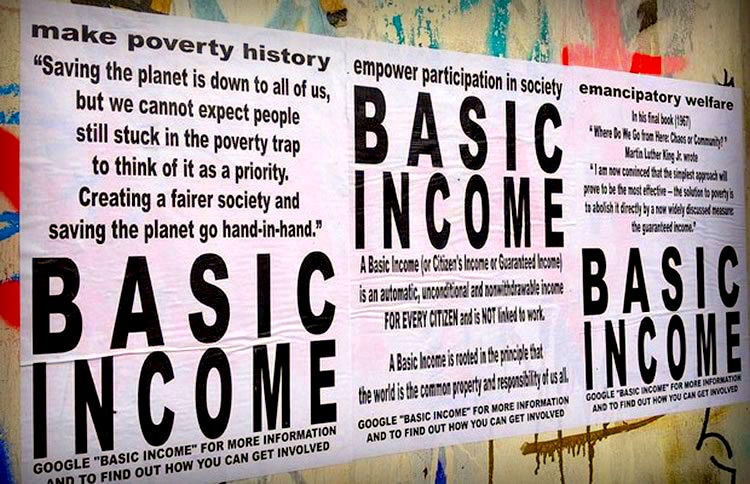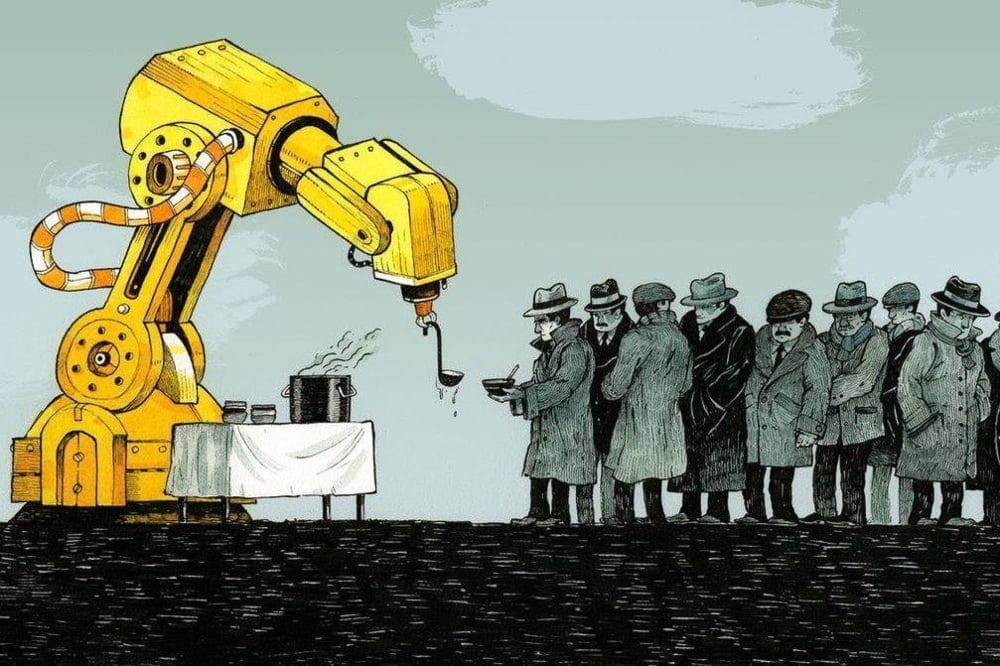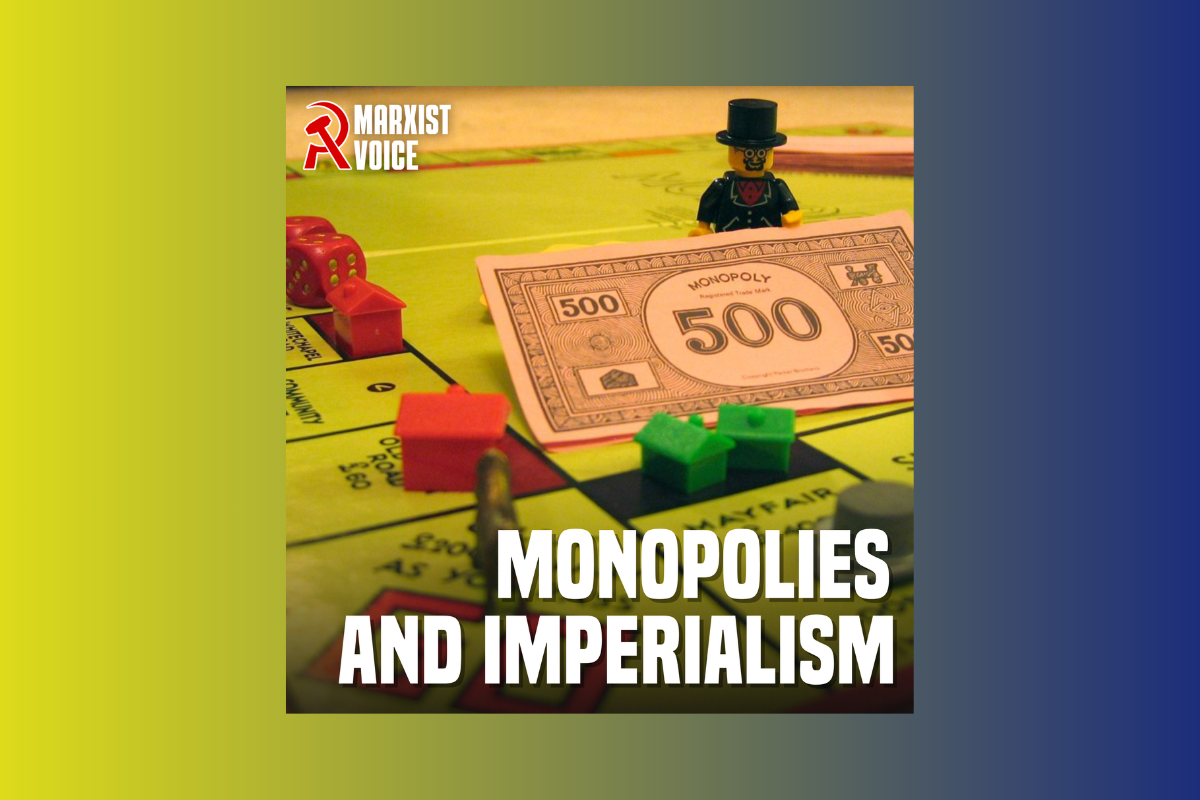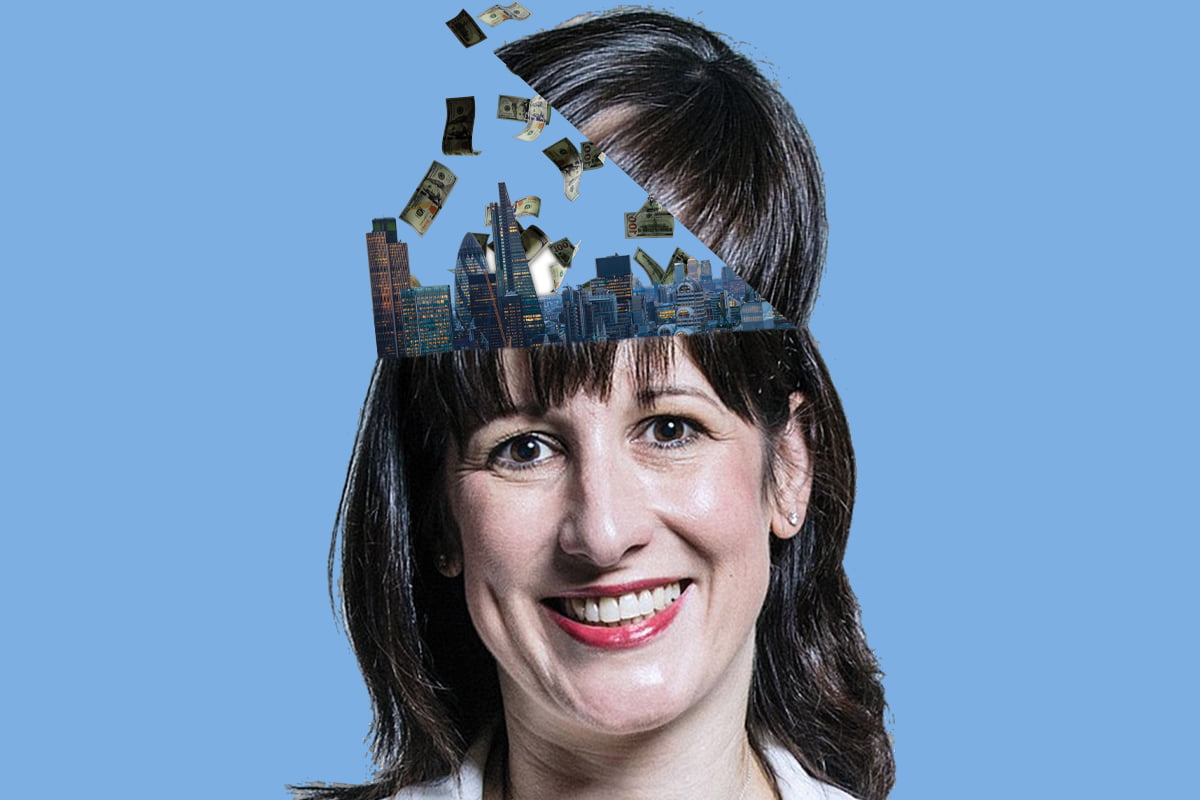Sheffield Council has announced support for the trial of a Universal Basic Income (UBI) scheme in the city, after a proposal was put forward to them by a local group of academics and activists called UBI Lab. In their proposal paper, UBI Lab suggest UBI could address “precarity, poverty, inequality, and loss of community”. Julie Dore, leader of the council, says “UBI has the potential to be a bold, radical change to how our economy and society works”.
It is clear that UBI is gaining popularity within the Labour Party and is being taken seriously by the leadership. For example, John McDonnell announced in April that Labour would trial the system in Liverpool, Sheffield and the Midlands. And Sheffield’s Labour councillors are keen to test the system under the next Labour government.
Broken status quo
 The idea put forward by those on the left is that, with the increasing automation of jobs, coupled with an unfair, inefficient welfare system, the government should provide everyone with a standard, unconditional income.
The idea put forward by those on the left is that, with the increasing automation of jobs, coupled with an unfair, inefficient welfare system, the government should provide everyone with a standard, unconditional income.
In doing so, UBI supporters believe that those in unemployment could circumvent the pain of the DWP bureaucracy. At the same time, it is argued that a guaranteed income would allow for entrepreneurs, artists, and community activists to pursue projects that otherwise may be too risky or unaffordable.
It is therefore understandable that UBI is gaining an ear on the left, as a potential solution to society’s problems of low wages, unemployment, and a collapsing welfare state; as an exciting and untested policy to rise from these ashes.
But whilst a UBI could in theory provide a safety net for the most vulnerable, the fact remains that the proposal is still only a mild form of redistribution. At root, it does nothing to challenge the unchecked power, property, and profits of the billionaire class. Any UBI money handed out, after all, would simply end up flowing upwards into the pockets of the parasites and profiteers.
In the final analysis, a UBI system would ultimately maintain the broken status quo of the profit motive and the anarchy of the market, doing nothing to stop the chaotic crises of capitalism that have caused unemployment and cuts to social services in the first place.
Right-wing support
Indeed, UBI is not an idea unique to the left. In fact, many conservative and libertarian thinkers see UBI as a golden opportunity. One of the earliest proponents of a similar proposal, for example, was none other than Milton Friedman, a key economic advisor to Thatcher.
The right-wing argument is that if everyone has a guaranteed income, there would be no need for public services that are free at the point of use, such as the NHS. This individualist outlook would mean people could opt into the services they wanted and not have to pay for services they didn’t use. For example, why should they pay for children’s education if they don’t have a child? Why should they financially support cancer treatments if they do not have cancer?
In short, the aim of these right-wingers is to use UBI to get rid of the welfare state and unleash the market into every sphere of human life. This is at a time when even the UN have recently produced a report stating that: “much of the glue that has held British society together since the Second World War has been deliberately removed and replaced with a harsh and uncaring ethos.”
UBI is also attractive to big business owners as yet another way for the state to subsidise the low wages currently offered by the bosses; as another method by which the capitalists can continue suppressing workers’ wages and boosting profits, all the while offloading the social burden onto the rest of society.
Watchin @profdavidharvey dissect #UBI with @paulmasonnews & @novaramedia seems a good time to share a cartoon I made https://t.co/jyMyTdOcLn pic.twitter.com/TLPWFtvPVK
— david peter kerr (@davidpeterkerr) September 25, 2017
Get to the roots
This again shows how UBI does not challenge the fundamental problem at the heart of the matter: the question of economic ownership. Inequality is only the symptom – capitalism is the disease.
It is the capitalists’ private ownership over the economy that causes such massive inequality within society, with an accumulation of profits at the top, and an accumulation of poverty amongst the rest.
It is therefore wrong to call UBI a ‘radical change’. Marx said that to be radical is to grasp the root of the matter. And the root of poverty, inequality, and all social ills is precisely the capitalist system, based on private ownership, competition, and production for profit.
By merely tinkering with how society’s wealth is distributed, UBI does nothing to get to the actual cause of the problem. As any gardener will attest, if you do not tackle the root then the weeds will continue to return!
Nationalisation
 Rather than a UBI, we should instead raise the demand for the universal provision of quality public services. Everyone should be guaranteed housing, food, education, transport, childcare, and healthcare that is free at the point of use, regardless of social position.
Rather than a UBI, we should instead raise the demand for the universal provision of quality public services. Everyone should be guaranteed housing, food, education, transport, childcare, and healthcare that is free at the point of use, regardless of social position.
These public services should be provided on the basis of a socialist economic plan, involving the nationalisation of the banks and the major monopolies that currently dominate the economy and our lives.
Such measures would tackle – once and for all – the issues UBI is supposed to address. A socialist plan would end poverty and homelessness through providing everyone with proper food and shelter. It would mean an end to unemployment, with a sharing out of work, a reduction in the working week, and a living wage for all. And it would allow genuine democratic, political involvement in society, as people wouldn’t have to work two jobs just to support themselves or pay for childcare.
Instead of calling for UBI, therefore, those fighting for meaningful, transformative change in the labour movement should raise bold socialist demands for nationalisation and workers’ control. These ideas are encapsulated in the words of the original Clause IV, which promised workers the “full fruits of their industry”, based on the “common ownership of the means of production, distribution, and exchange”.
Restoring Clause IV and putting these words into action would therefore be a bold, radical change in the truest sense – bringing back Labour’s socialist aims and abolishing the rotten capitalist system that is responsible for the scourge of misery, toil, and poverty that blight society today.






